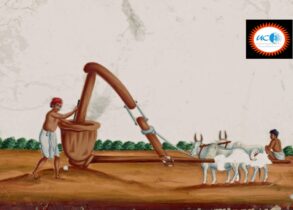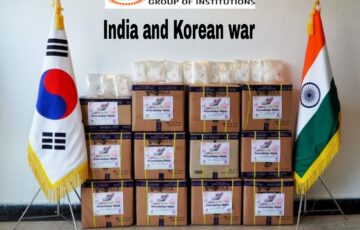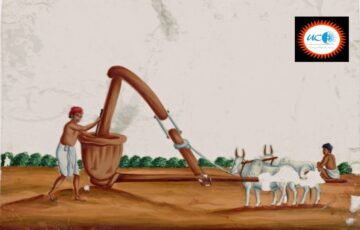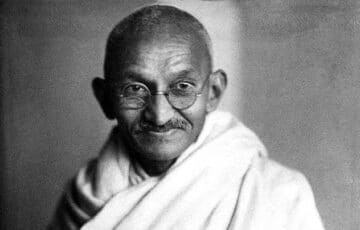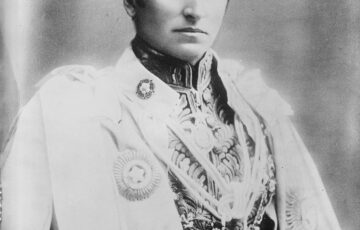Provide an account of the contributions of Ram Manohar Lohia during the Indian freedom struggle and in post-independence India.
Approach:
- Introduce by giving a brief account of Ram Manohar Lohia Ji.
- Bring out the contributions made by him during the Indian freedom struggle.
- List his contributions in post-independence India.
- Conclude accordingly.
Answer:
Ram Manohar Lohia was a prominent figure in the Indian independence movement. The following are his contributions to the Indian freedom struggle and in post-independence India:
Contributions to India’s independence struggle:
- He was one of the founders of the Congress Socialist Party in 1934 and editor of its mouthpiece ‘Congress Socialist’.
- In 1936, he was selected by Jawaharlal Nehru as the Secretary of the Foreign Department of the All India Congress Committee, which was the highest body of the Congress Party.
- He opposed Indian participation on the side of Great Britain in World War II and was arrested for anti-British remarks in 1939 and 1940.
- He was at the forefront of the Quit India Movement in 1942 and set up underground radio stations called, Congress Radio, at Bombay and Calcutta to disseminate the much needed information to the masses to sustain a leaderless movement. He was jailed again in 1944–46 for resistance activities.
- He opposed the partition of the country in 1947. However, after partition, he was keen to promote the idea of a confederation of India and Pakistan.
Contributions to post-independent India:
- After independence, he was against Portugal’s continuing sovereignty over Goa. For this, he inspired and strengthened the fight against colonial rule.
- He served as the General Secretary of the Praja Socialist Party, which was founded in 1952, but conflicts within the party led to his resignation in 1955. Later that year, he established a new Socialist Party, for which he became the Chairman as well as the editor of its journal, Mankind.
o He advocated for various socio-political reforms in his capacity as the party leader, including the abolition of the caste system, the adoption of Hindi as India’s national language, and stronger protection of civil liberties.
- He advocated five independent revolutions for five inequalities – gender, economic status, race, caste and colonial rule based inequalities. Later, he added two more revolutions against violence through satyagraha and against unjust public encroachment in the private sphere and called them ‘Sapta-Kranti’ and advocated them as ‘real Socialism’.
- With regard to the economic strategy to be adopted after independence, he suggested the use
of labour-intensive technology as against capital-intensive technology and public ownership of large-scale industries.
- He advocated devolution of politico-administrative power and supported Panchayati Raj.
- As an internationalist, he advocated pacifism, opposed nuclear weapons, protested against racial inequality, and dreamt of a world without visas and passports, thereby in effect recommending the concept of ‘Vasudhaiva Kutumbakam’.
The thoughts and ideas of Ram Manohar Lohiaji still reverberate in the political and intellectual
landscape of India and find practical application in economy, religion, society, and politics.


